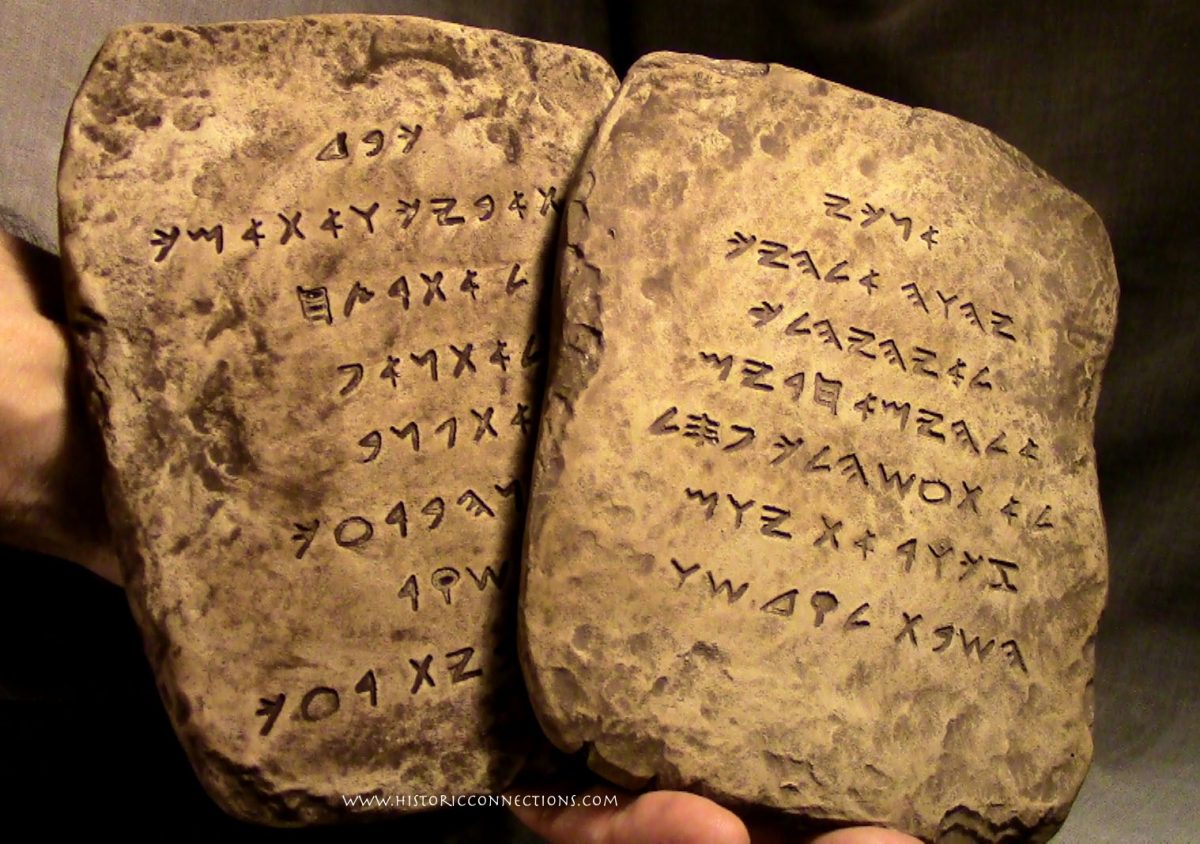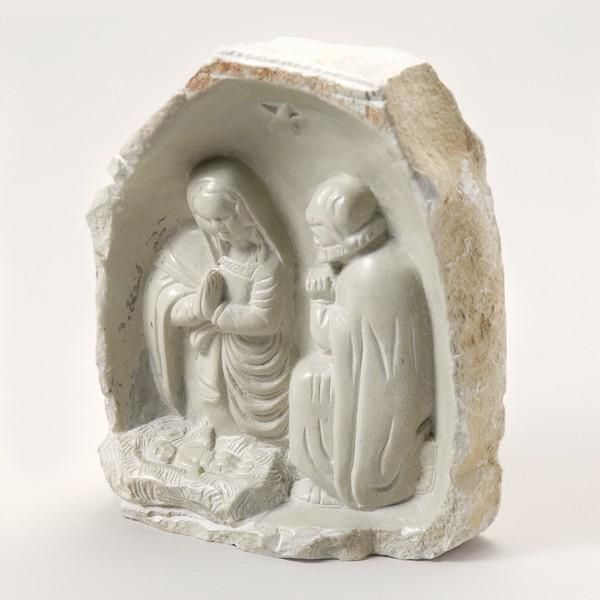Background Passages: Romans 8:31-39; Galatians 2:20; I Peter 5:9
A recent visit with our granddaughters to Houston’s Museum of Natural Science ended in the museum’s gift shop. They each gathered a puzzle, a dinosaur painting kit, a rock and some rock candy among their treasured mementos.
The difference between the souvenirs gathered by our granddaughters and grandsons on our museum outings is that the girl’s get the same things. The boys studiously avoid getting the same things.
This time through the shop was a little different though. My wife bought her own memento of the museum. She bought a set of plastic dinner plates, each painted with a picture of a different planet. When we opened the package at home, I was saddened to see that Pluto didn’t make the cut.
As a child growing up through the dawn of the Space Age, I had a hard time choosing my favorite planet. It always came down to most distinctive Saturn or the most distant Pluto.
Poor Pluto. After some heated debate, The International Astronomical Union in 2006 stripped Pluto of its planetary status, defining it instead as a “dwarf planet.” The change in status added a new word to the American lexicon. In 2008, the American Dialect Society named “plutoed” its Word of the Year.
To be “plutoed” means “to demote or devalue someone or something.” As in, “The Houston Astros World Series championship was plutoed by the trash can cheating scandal.”
It begs the question. Do you ever feel plutoed?
Genesis tells us that God created all of humanity in his image. If we truly understand that idea, no one should ever be made to feel devalued. To be created and loved by God grants us favored status in the eyes of our Creator and should never leave us feeling plutoed.
She walked alone to the well in the heat of the day. Her choice, but not her value preference. She would have much rather tackled the daily chore among a gaggle of friends in the cool of the day, sharing stories of the family and dreams of tomorrow. Her past, though, caught up to her. Marginalized by neighbors who deemed her damaged goods, she came to the well feeling plutoed…until Jesus asked for a drink.
They pushed their way through the forest of legs and limbs. Curious. Inquisitive. Just wanting to catch a glimpse of the miracle working teacher about whom their parents marveled. Just as they reached the front door, rough, fishermen hands, grabbed them by the collars of their robes and pulled them to the back of the gathered crowd, shooing them away. They hung their heads feeling plutoed…until Jesus hugged them.
She hung her head in shame, embarrassed by the public accusations leveled on the Temple steps. Caught in the act of adultery, clinging to the tattered fabric of her cloak, she recoiled at their angry threats. Folding into a fetal position with her eyes closed, she waited for the stones, feeling plutoed…until Jesus challenged her accusers and touched her heart.
He lay near the pool’s edge, waiting for the stirring of the healing waters, knowing he would never be fast enough to feel it’s restorative power. A daily habit of perpetual frustration. His limbs forever useless, making him worth less to his family and friends, a plutoed member of a heartless culture…until Jesus told him to rise up.
It doesn’t take much for us to feel devalued or marginalized. The influence of an evil world creates the environment for it.
Jesus saw a woman at the well comfortable in her isolation. Feeding off her resentment. He offered something different…a chance to put aside the bitter cup and drink from a well of everlasting water. “I can give you water and you will never thirst again. I can give you a life where you will never feel alone. You belong to something bigger than yourself. You belong to me.”
When others saw the children as an annoyance to be pushed aside, Jesus offered a smile and a hug. Blessings that changed the lives of the little ones and their parents for years to come. “God has plans for you, little ones. Live up to his call.”
To a woman scorned and steeped in sin, Jesus offered acceptance, not of the sin, but of the one who sinned. He challenged her to change. “Don’t worry about the Pharisees or the stones they like to cast. They have sins of their own, equally worthy of death. Know that you are loved by a God who forgives. Go home. Be better than this.”
Jesus looked into the empty eyes of an invalid with little hope of life beyond helplessness. Trapped in his frailty and cast aside, entertaining a miracle beyond his reach. “Get up and walk away from this. Start now and make your life a testimony of God’s grace and power.”
A careless word. A hurtful act. A sarcastic put-down. A parent’s disregard. A spouse’s betrayal. A teacher who never looks your way.
A lost job. An illness or disability. A promotion denied. Credit for a personal accomplishment that’s awarded to someone else.
It doesn’t take much to leave us feeling plutoed. Demoted. Devalued. Marginalized. When something happens that erodes your sense of self-worth, just remember that you are a person of worth created in the image of God. Loved so much that he gave his only Son to die for you and called and equipped you for his purpose.
After his experience on the Damascus road where he encountered a persecuted Christ, Paul must have struggled with who he was and what he had done. Face to face with the one he persecuted he could have crumbled beneath the weight of his sin. Yet, God chose him. Allowed him to see that whatever happened in the past was history. God called him to live by faith in a crucified savior who loved him personally and gave his life for Paul’s life. Hear it in Paul’s own words.
“I have been crucified with Christ and I no longer live, but Christ lives in me. The life I live in the body, I live by faith in the son of God, who loved me and gave himself for me.” (Galatians 2:20)
It’s the same thought that occupied Peter’s mind as he called God’s people to belief and trust in Jesus as Lord. We are worthy of God’s love and called to praise him.
“But you are a chosen people, a royal priesthood, a holy nation, a people belonging to God, that you may declare the praises of him who called you out of darkness into his wonderful light.” (I Peter 2:9)
In God’s heart, you will never be plutoed. If we are to be used by God for his purposes, we cannot allow the world around us to declare us somehow less valuable to God’s kingdom work.
We have a choice. We can listen to those who tell us we are somehow unworthy of God’s love based on their own over-inflated feelings of superiority. We can let others steal our joy and devalue our existence. Or we can rest on the restorative power of God’s grace that screams of the value he places on our lives.
“What, then, shall we say in response to this? If God is for us, who can be against us?… Who shall separate us from the love of Christ? Shall trouble or hardship or persecution or famine or nakedness or danger or sword?… No, in all these things, we are more than conquerors through him who loved us. For I am convinced that neither death nor life, neither angels nor demons, neither the present nor the future, nor any powers, neither height nor depth, nor anything else in all creation will be able to separate us from the love of God which is in Christ Jesus our Lord.” (Romans 8:31,35, 37-39)
You are worthy of God’s love. If that doesn’t keep you from feeling plutoed, I don’t know what will.









